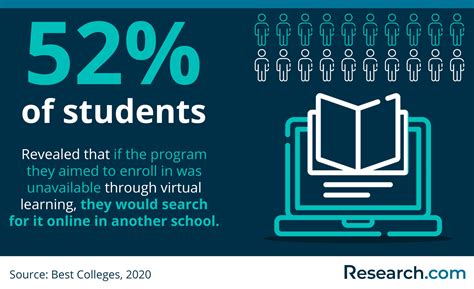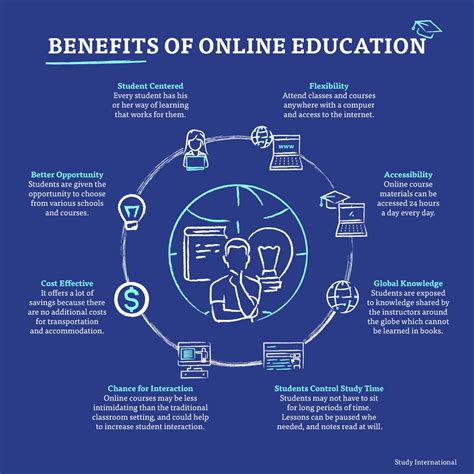Admission Guidelines for Online Master’s Degrees 2019
Admission Guidelines for Online Master’s Degrees 2019
Online education has become increasingly popular in recent years, offering students the flexibility to pursue advanced degrees from the comfort of their own homes. However, gaining admission to an online master’s program can be competitive, with universities setting stringent guidelines to ensure they admit students who are well-prepared for the rigors of graduate-level study. In this article, we will explore the admission guidelines for online master’s degrees in 2019 and provide valuable insights for prospective students.
Academic Requirements
One of the first factors that universities consider when evaluating applications for online master’s programs is the academic background of the prospective student. Most programs require a bachelor’s degree from an accredited institution, with a minimum GPA requirement. Some programs may also require specific coursework or prerequisites in the chosen field of study.
- Minimum GPA requirement: Universities typically require a minimum GPA of 3.0 or higher for admission to online master’s programs.
- Specific coursework: Some programs may require applicants to have completed certain prerequisite courses in the chosen field of study.
Standardized Tests
Many online master’s programs require applicants to submit standardized test scores, such as the GRE or GMAT. These tests are used to evaluate the academic aptitude of the prospective student and can play a significant role in the admission decision.
- GRE or GMAT scores: Some programs may require applicants to submit scores from either the GRE or GMAT, depending on the field of study.
- Minimum score requirements: Universities may set minimum score requirements for these standardized tests, which vary depending on the program.
Letters of Recommendation
Letters of recommendation are an important component of the application process for online master’s programs. These letters provide insight into the applicant’s character, academic abilities, and potential for success in graduate-level study.
- Number of letters: Universities typically require applicants to submit 2-3 letters of recommendation from professors, employers, or other individuals who can attest to the applicant’s qualifications.
- Relevance: Letters of recommendation should be from individuals who are familiar with the applicant’s academic and professional accomplishments.
Personal Statement
A personal statement is often required as part of the application package for online master’s programs. This document allows the applicant to showcase their unique qualities, experiences, and motivations for pursuing graduate study.
- Content: Personal statements should articulate the applicant’s academic and career goals, reasons for choosing the program, and how they will contribute to the university community.
- Length: Universities typically specify the length of the personal statement, which can range from 500 to 1000 words.
Work Experience
Some online master’s programs may require applicants to have relevant work experience in the field of study. This requirement is more common in professional programs, such as business, healthcare, or education.
- Minimum years of experience: Universities may specify a minimum number of years of work experience required for admission to the program.
- Relevance: Work experience should be relevant to the chosen field of study and demonstrate the applicant’s readiness for graduate-level study.
Conclusion
Admission to online master’s programs in 2019 involves a comprehensive evaluation of academic qualifications, standardized test scores, letters of recommendation, personal statements, and work experience. Prospective students must carefully review the admission guidelines for each program and ensure they meet the requirements before submitting their applications. By understanding the key factors considered in the admission process, students can increase their chances of acceptance to their desired online master’s program.
Q&A
If you have any questions or need further clarification on the admission guidelines for online master’s degrees in 2019, please feel free to reach out to the admissions office of the university you are interested in. They will be able to provide you with detailed information on the specific requirements for their program and assist you throughout the application process.
Thank you for reading our article on the admission guidelines for online master’s degrees in 2019. We hope you found the information helpful and informative as you consider pursuing a graduate degree online.










